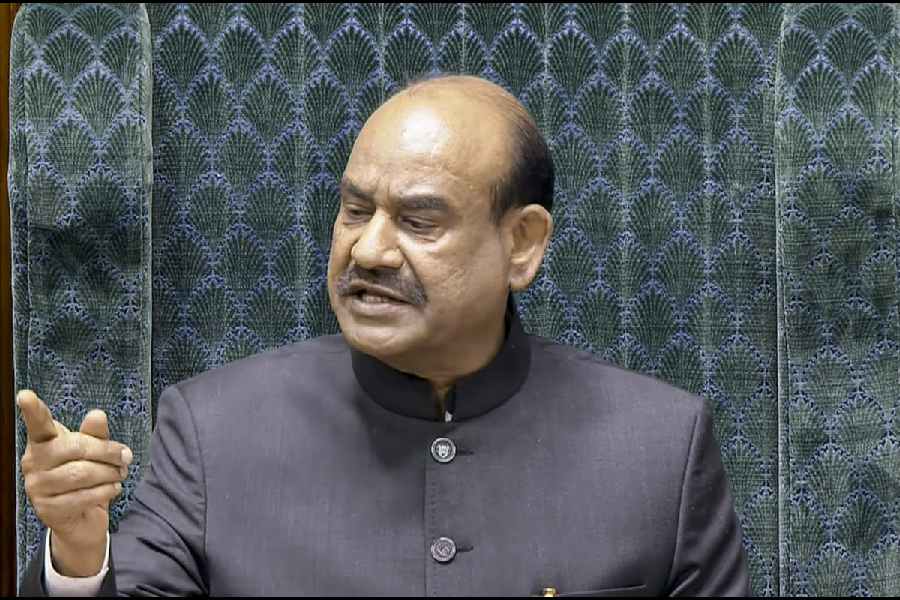The Indonesia-based Salim group is not alone. A slew of desi developers, too, have lined up to build small townships and housing estates.
Cashing in on the sudden boom in real estate, more than 100 private developers and builders from across the country have approached the government about investing in projects in and around the city through joint ventures.
The West Bengal Housing Board had invited expressions of interest from private developers for projects through joint ventures. In all, 102 private builders have responded to the invitation.
?It?s an all-time record and we are overwhelmed with the response,? said housing minister Goutam Deb. ?Though we had worked with private entrepreneurs in the real estate sector before, we have not witnessed such a rush of promoters interested in projects in and around the city.?
The ?tremendous demand? for land to set up industrial units, especially in IT and real estate sectors, proves that the perception of the state among entrepreneurs is changing, Deb pointed out.
?With the setting up of more and more industrial units, educational and health institutions and emergence of an investment-friendly climate, people from all over the country and abroad are looking for space here,?? he claimed.
According to officials, most developers intend to set up information technology units, multi-storeyed residential estates, multiplexes, bungalows and office clusters. The preferred locations are New Town, EM Bypass, Calcutta?s southern suburbs and Howrah.
Officials of the housing department said an experts? committee would shortlist the entrepreneurs after verifying their credentials, financial capabilities and reputation.
The government is considering two options. It will provide land and the cost of land will be treated as its equity in the project. Or, the private entrepreneur will invest the entire amount, including the cost of land, to build the estate.
Another condition the government is considering is that the developer will have to build at least 30 per cent of the total flats in an estate for the economically-weaker section (EWS) and the low-income group (LIG).
The cost of such a flat will be fixed by the housing board. It will, however, not intervene in the pricing of high-end flats.
?Bengal is the pioneer in implementing housing projects through joint ventures. The policy has been appreciated even by the Prime Minister. The reasons for preferring joint ventures in housing projects include ensuring accommodation for the EWS and LIG, strict adherence to rules and regulations, including environment norms, timely delivery of flats and quality control,?? minister Deb asserted.
Officials clarified that if land is ?sold outright? to a private party, the government would not have any right to interfere in the project. ?But if the government becomes a partner, the builder cannot do whatever he likes. The intention of private promoters is to build high-end flats to make a killing. So, there is a need to keep them under check,? they said.
At present, the government has engaged eight private developers to implement housing projects through joint ventures. The firms were given five acres each in New Town, where they have built residential and commercial estates.
Officials said nearly 5,000 flats built by them had been sold and the firms were seeking more land.











